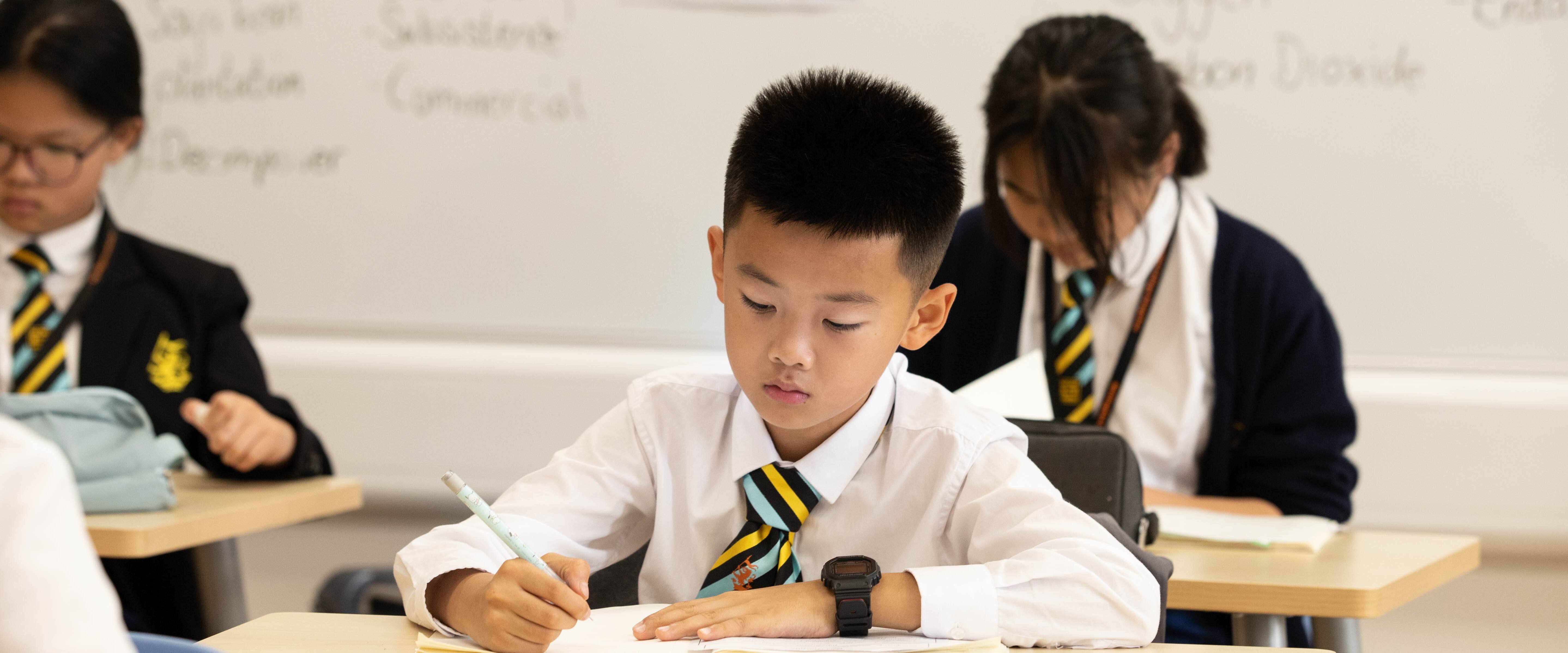
How do we foster children's mathematical thinking?
What is the real-life application of mathematics?
How do we ignite children's interest in maths?
These are questions close to our hearts.
At Wellington College Education (China) - Hangzhou, our maths teachers excel in promoting pupils' mathematical literacy and skills through innovative curriculum designs and a spectrum of activities, steering them towards applying mathematical thinking to everyday challenges.
We are convinced that a genuine love for mathematics emerges when learning it becomes an engaging, not an onerous, task.
Our annual Maths Week, orchestrated by the maths departments of the schools, concluded successfully last week. With the theme ‘Maths in the Digital Age: Innovation Through Numbers’, it aimed to inspire pupils to explore the close link between mathematics and our modern world, particularly its pivotal role in artificial intelligence.
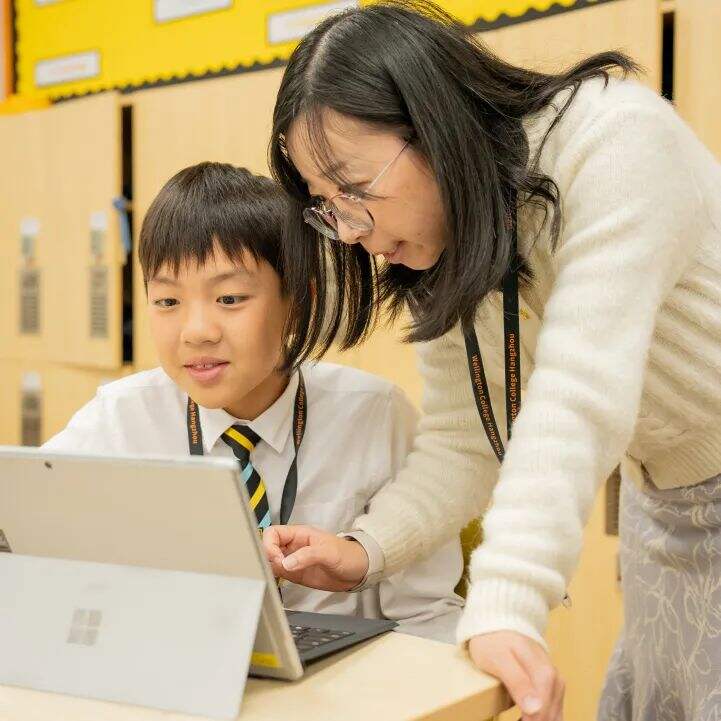
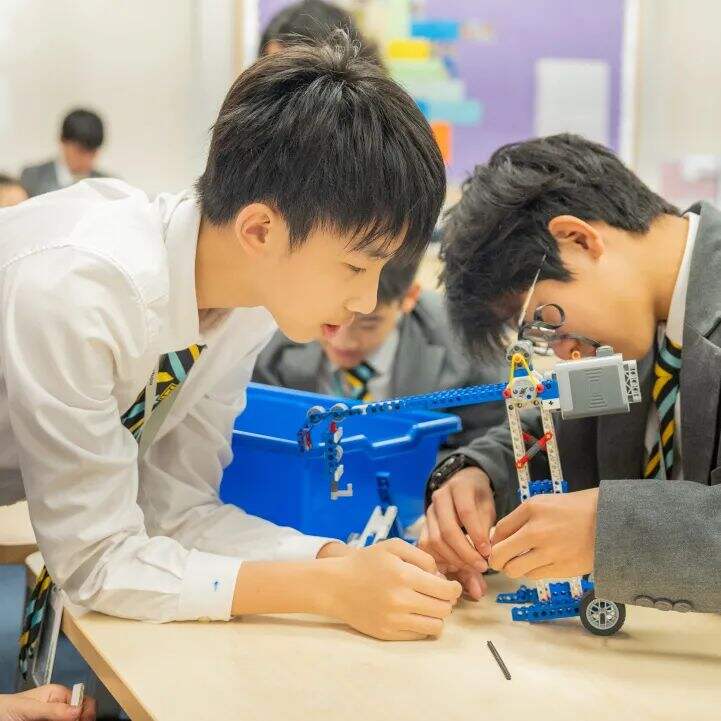
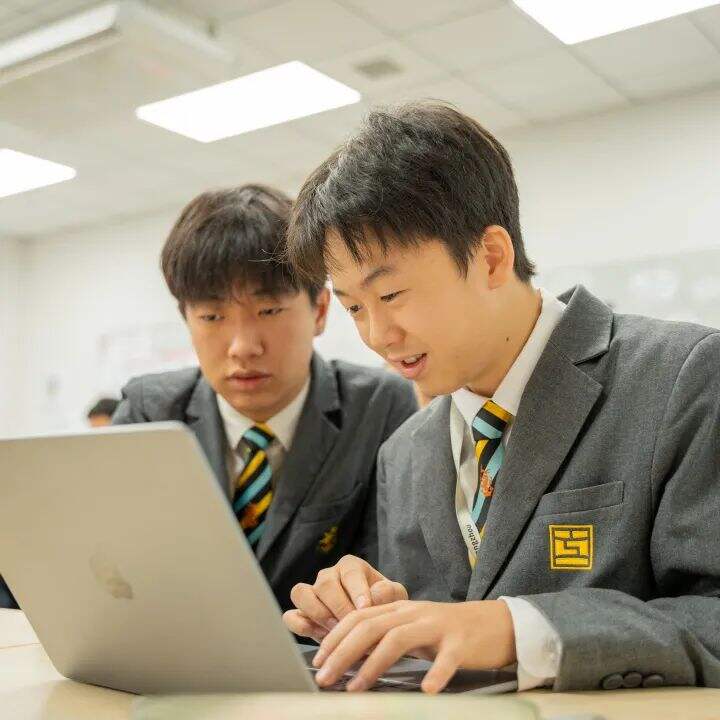
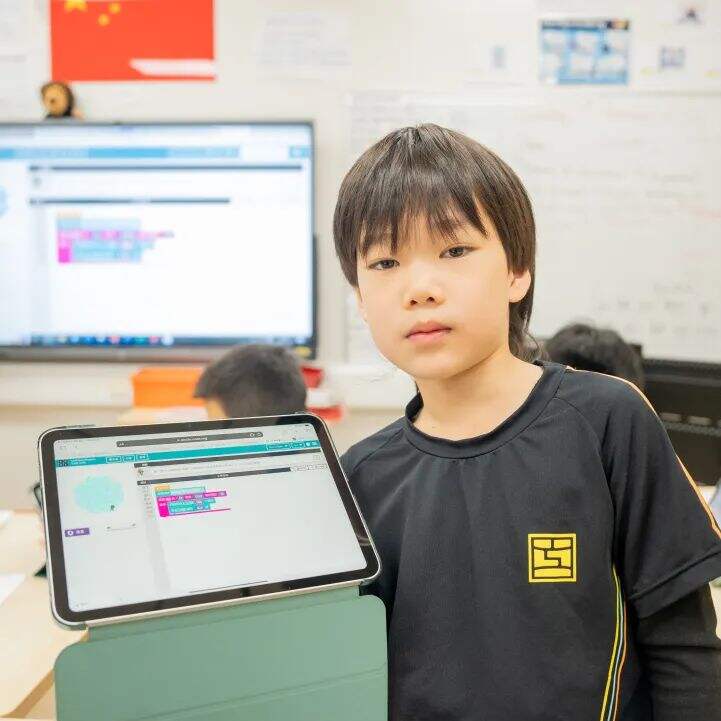
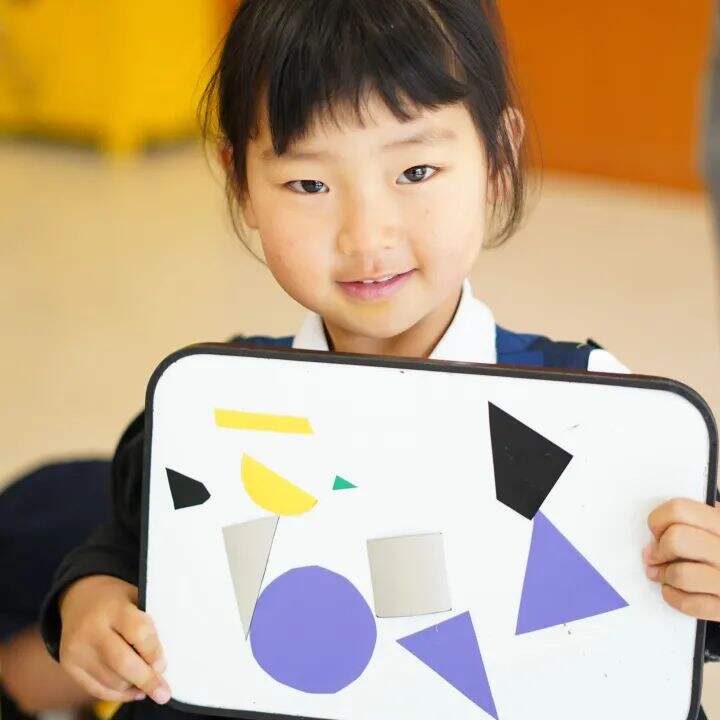
Teachers curated an array of activities, experiments and workshops, spanning from mathematical investigations to foundational programming. These were tailored to the cognitive development of pupils at various ages and addressed their diverse learning needs. This interactive learning journey allowed pupils to not only grasp practical problem-solving using mathematics but also to revel in the boundless allure of the subject, discovering the joy of engaging with math in a relaxed and enjoyable setting.
Fiona Qiu
Head of Primary Mathematics
With the swift advancement of technology, mathematics has remained a pivotal force propelling innovation. Spanning from artificial intelligence to big data analytics, from blockchain technology to automated systems, every frontier technology is underpinned by the foundation of mathematics. At Hiba Academy Hangzhou, we are thrilled to celebrate Maths Week, with the goal of nurturing our pupils' logical reasoning and problem-solving skills. We aim to enable them to experience the delight and enchantment of mathematics through active exploration and hands-on practice.
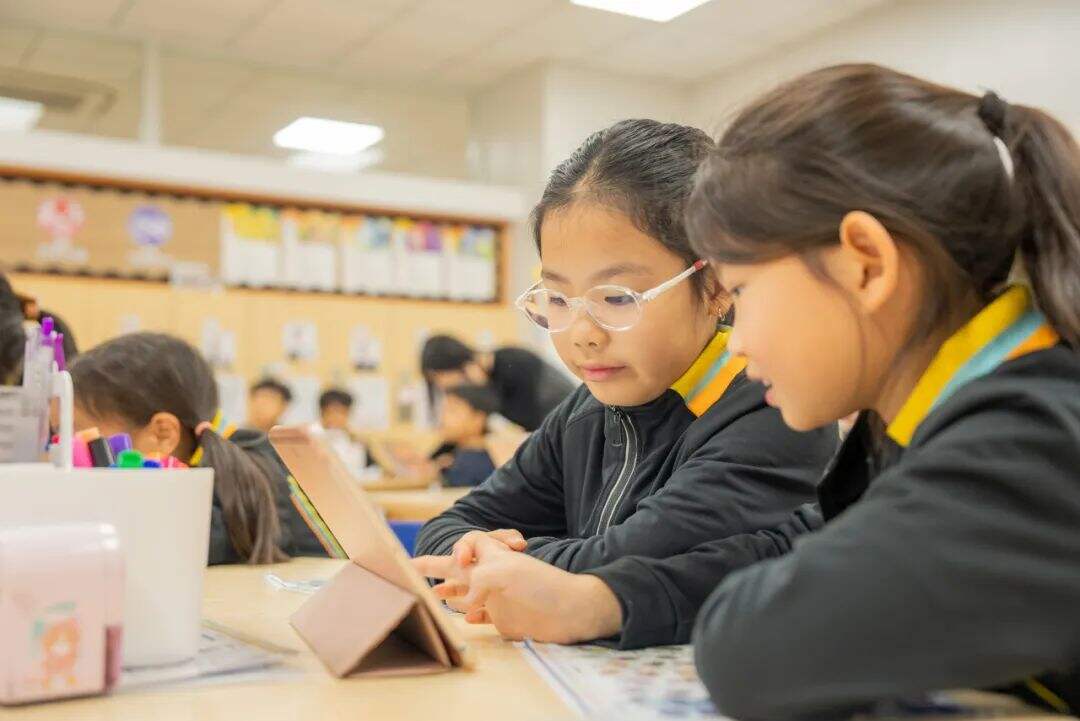
This year, the theme for Maths Week is ‘Maths in the Digital Age: Innovation Through Numbers’. The activities commenced with the Maths Week assembly, where pupils delved into the integration between mathematics and technology through a variety of projects and unravelled the intricacies of programming and algorithms. Pupils pushed the boundaries of their cognitive abilities with 'Magic Finger Numbers', grasped the creative journey from concept to application in 'The Grand Base System Reveal', and gained an introductory understanding of the vast potential of artificial intelligence and algorithmic thinking from 'Sierpinski Triangles' to 'Decision Tree Algorithms'.
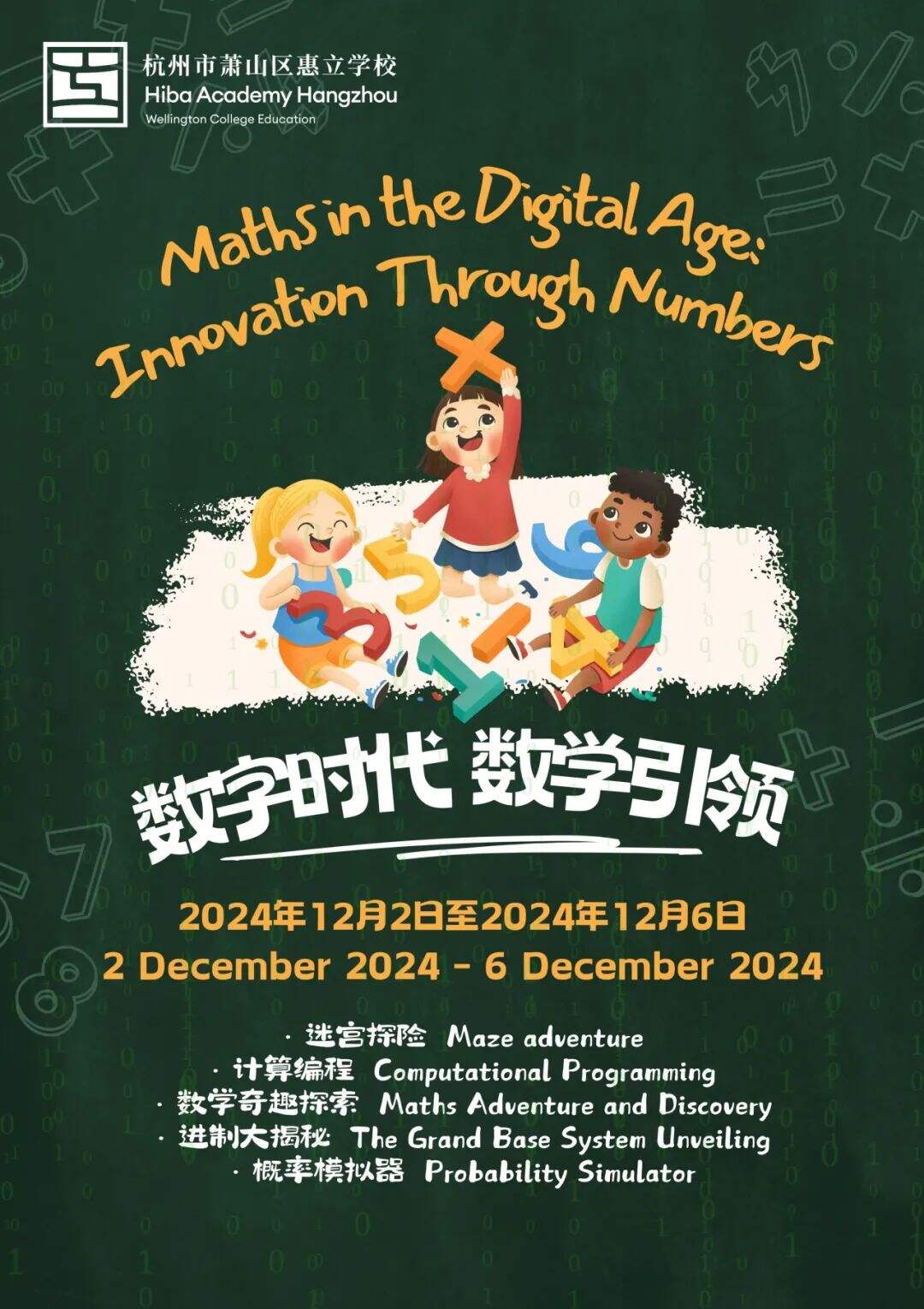
This event seamlessly merged technology and programming education, crafting tailored projects for various grade levels. Utilising the Scratch platform as the primary tool, the event offered a spectrum of tasks that spanned from foundational to advanced programming, thereby igniting pupils’ passion for learning and unleashing their creative potential.
Specific projects include:
Grade 1: Maze Adventure. Pupils learned to design mazes and treasure hunt algorithms using graphical programming languages.
Grade 2: Computational Programming. To create multiplication mental arithmetic mini-games that control characters through programming.
Grade 3: Maths Adventure and Discovery. To compile code to verify mathematical conjectures and create geometric shapes.
Grade 4: The Grand Base System Unveiling. To master base conversions and create related mini-games.
Grade 5: Probability Simulator. To explore statistical concepts and conduct pandemic simulation experiments.
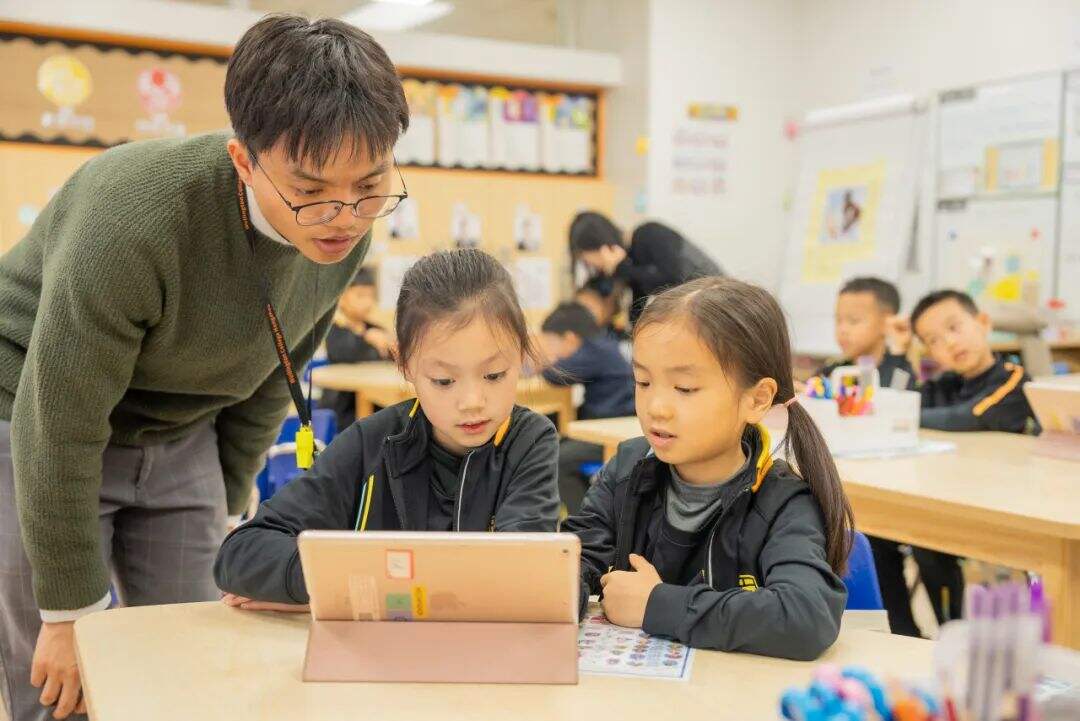
This Maths Week perfectly combined the study of mathematics with contemporary technology. It boosted pupils' mathematical and programming proficiencies and granted them a glimpse into the boundless opportunities brought about by technological innovation and artificial intelligence, equipping them with the pivotal skills essential for the emerging era. Moving forward, we remain dedicated to exploring and implementing additional educational paradigms that foster the holistic development and innovative spirit of our pupils.
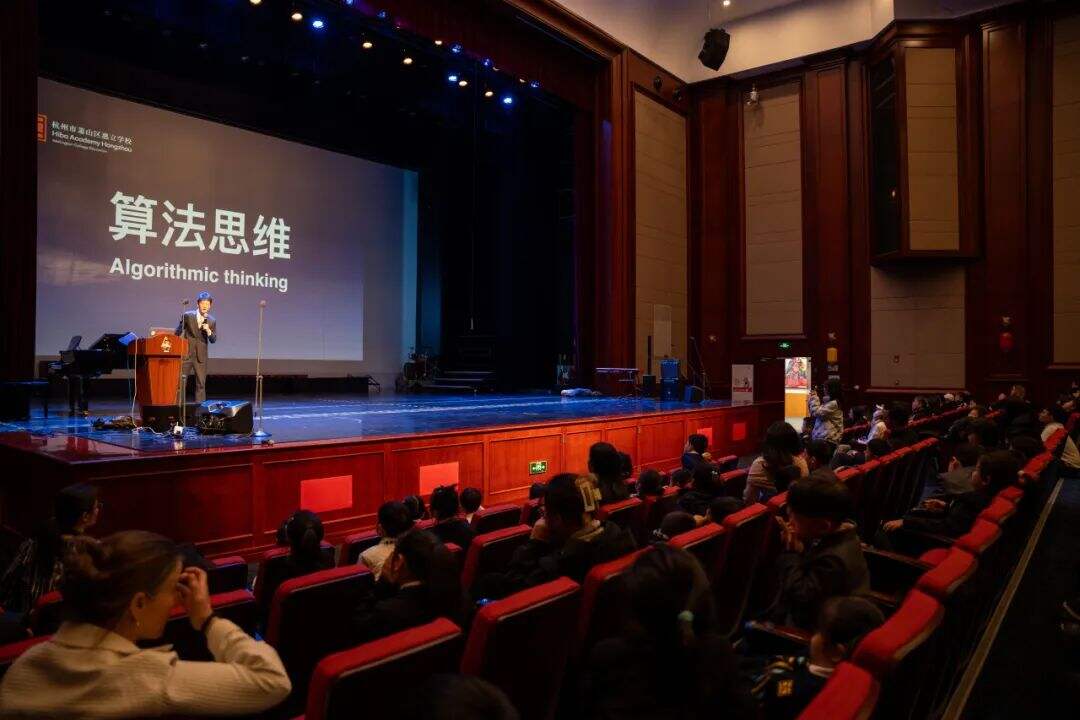

Tiana Ma
Mathematics Teacher
Senior School
In Maths Week this year, we offered a range of hands-on, engaging activities designed to spark creativity and foster critical thinking among our pupils. They focused on two key areas of technology: robotics and programming. These projects provided pupils with the opportunity to explore the world of engineering, coding and design in a fun, educational setting. It was exciting to see how our pupils applied their ideas and skills to create truly innovative solutions.
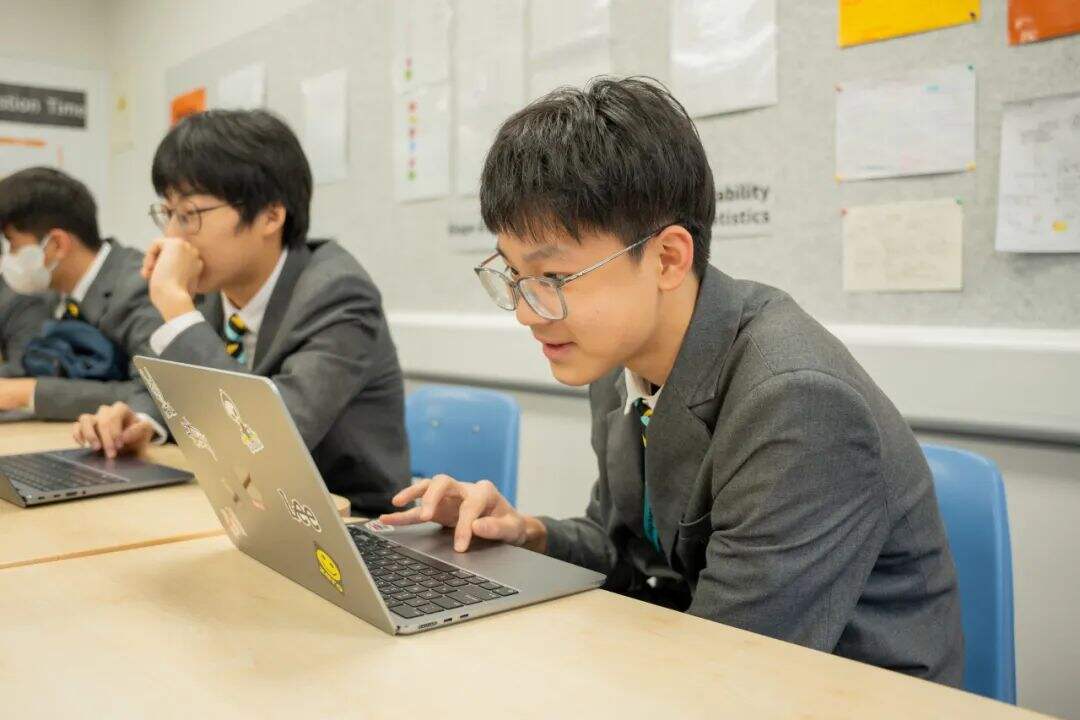
For our G6 and G7 pupils, the spotlight was on robotics. Throughout the project, pupils had full control over the design process, from conceptualisation to construction and programming. They worked independently and collaboratively to build their own robots, determining the motion functions and design features themselves. This project not only encouraged technical skills but also nurtured creativity and problem-solving. It was inspiring to watch the pupils bring their visions to life, and their final creations exceeded all expectations.
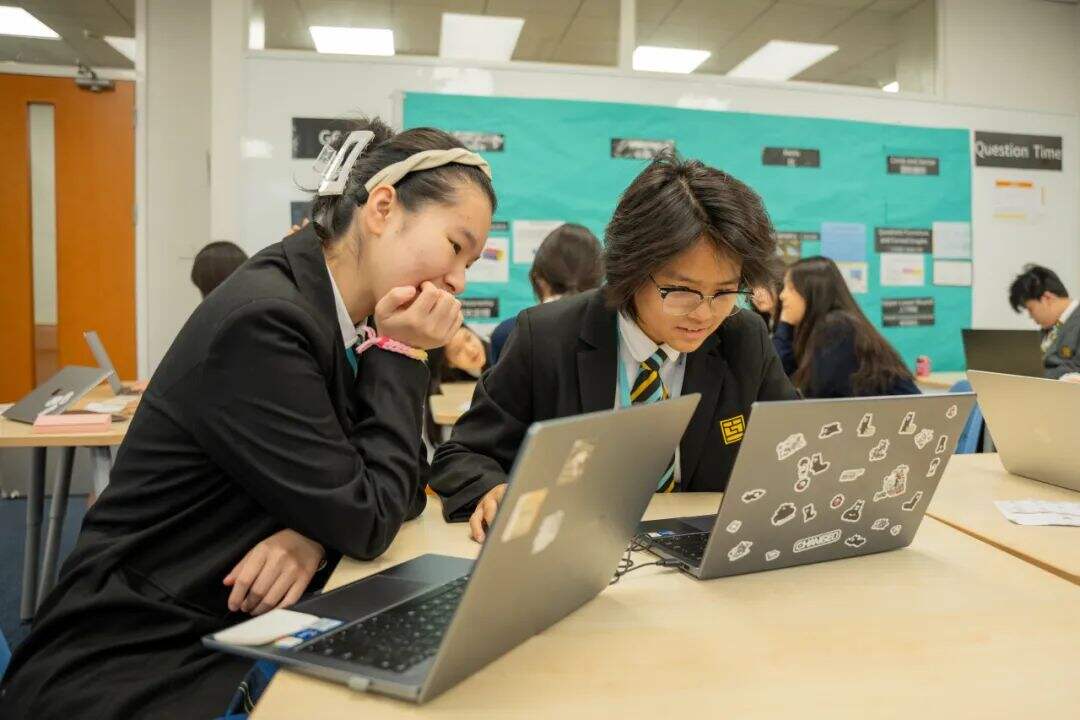
Meanwhile, our G8 and G9 pupils focused on programming, specifically through the user-friendly platform of Scratch. This activity provided a fantastic opportunity for pupils to dive into the world of coding while also allowing them to express themselves through storytelling and game design. By creating their own programmes, pupils developed an understanding of the fundamental concepts behind the apps and games they use every day. They learned how to structure and organise code while also gaining valuable experience in project planning and logical thinking.
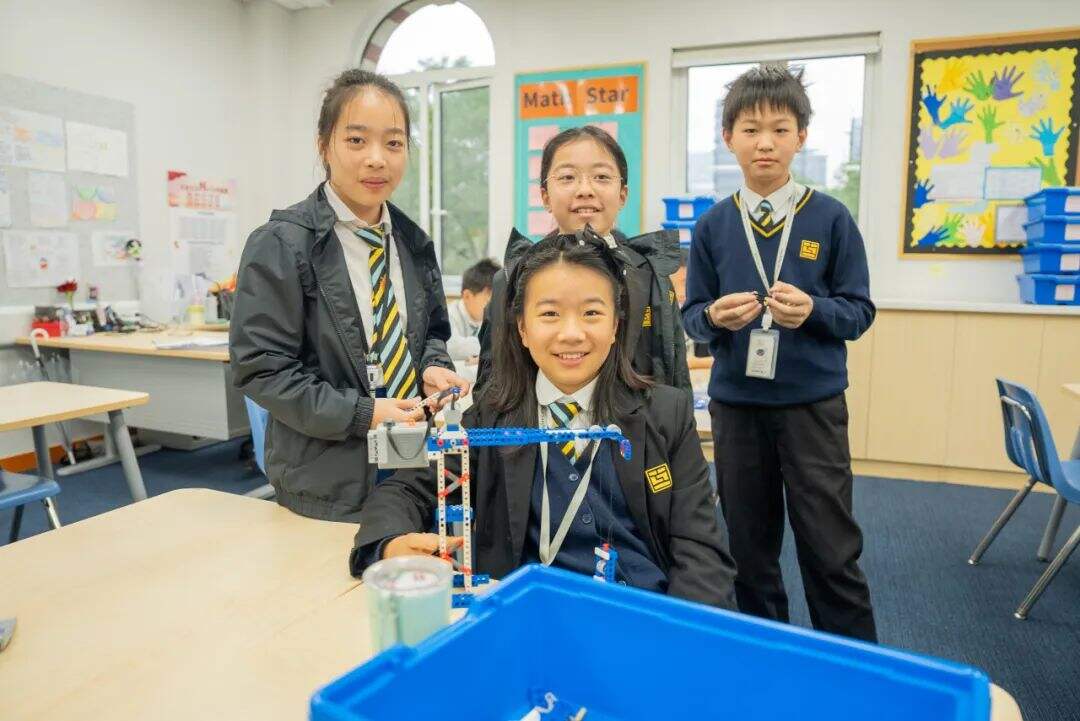
Both of these projects were designed not just to teach pupils technical skills but to help them build a deeper understanding of how technology shapes our world. By giving them the tools and freedom to create, we empowered them to think critically, solve problems and innovate. We were proud to offer such a dynamic learning experience, and the incredible work that emerged from this collaboration was a testament to the pupils' talent and creativity.
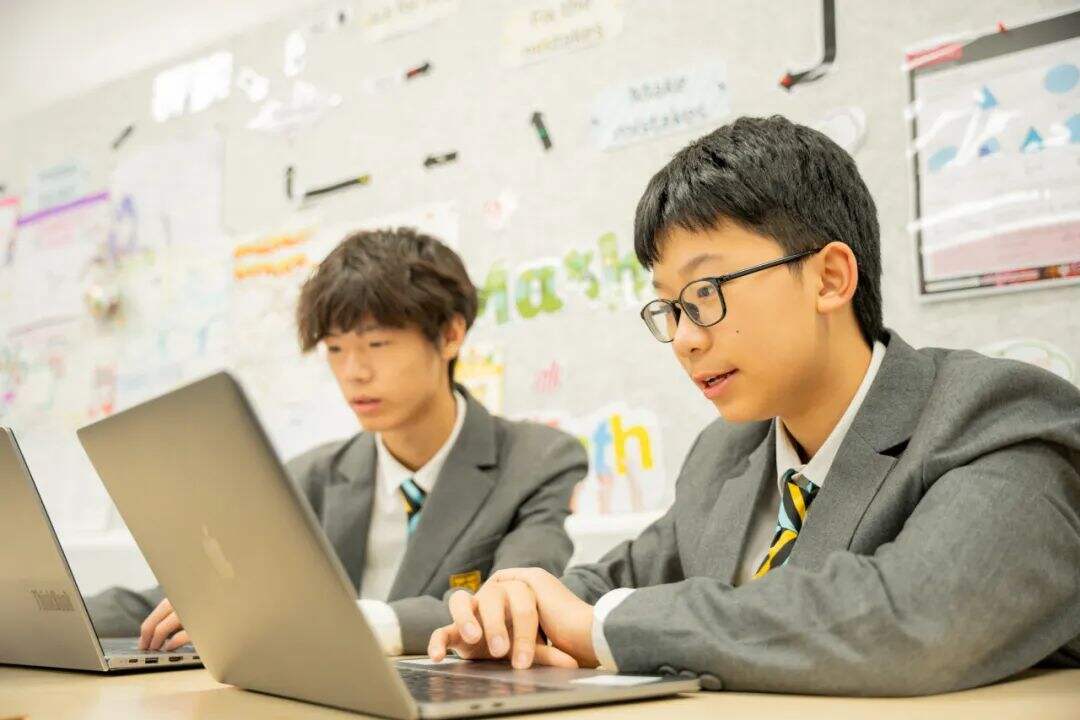
Their participation in Maths Weeks was more than just an opportunity for pupils to learn; it was an invitation to explore, experiment and push the boundaries of their imagination. We look back on this project with pride and are excited to see the lasting impact it will have on our pupils’ futures in the tech world.
